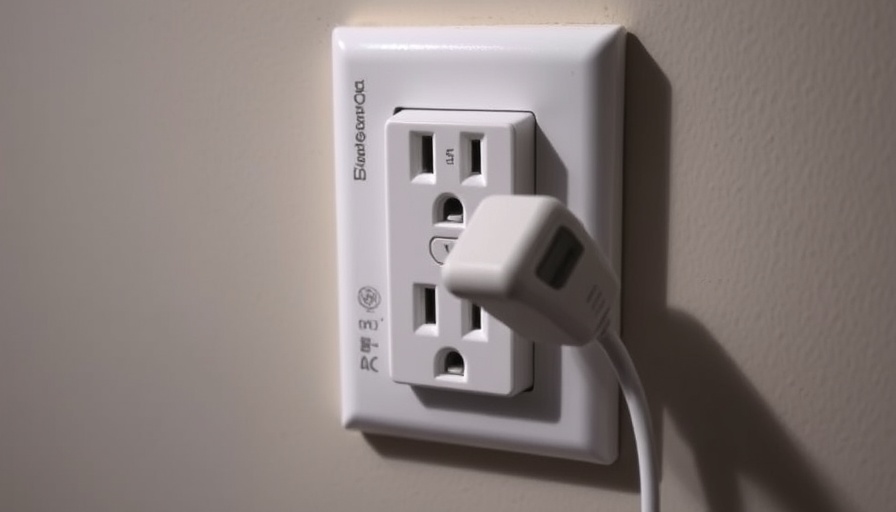
Is ChatGPT Becoming the Go-To for Texting?
In an age where technology seeks to streamline our complex lives, AI tools like ChatGPT are stepping into the realm of personal communication. This shift towards utilizing chatbots to draft our messages has sparked a mix of convenience and concern. As reported, individuals are now leaning on ChatGPT to articulate sentiments that range from heartfelt condolences to cheerful greetings. These AI-generated messages aim to alleviate the emotional labor often involved in written communication, with one user sharing a touching message from a parent that seemed crafted by artificial intelligence rather than human hands.
Understanding the Technology Behind AI Message Generation
ChatGPT, an advanced language model developed by OpenAI, is designed to generate text that mimics human writing styles. This technology utilizes deep learning algorithms, analyzing massive databases of text to produce coherent, contextually relevant responses. As this capability matures, the lines between human and AI-generated text are blurring, raising questions about authenticity in communication. We are seeing an emergence of what could be dubbed 'pseudo-personalized' messages that speak volumes—but only at the surface level.
The Benefits and Drawbacks of Using AI for Personal Messages
On one side, the appeal of using AI for writing messages, such as those for birthdays or condolences, lies in convenience. Users can save time and eliminate the anxiety of crafting the “perfect” message. For those struggling to find the right words in emotionally charged situations, ChatGPT can provide a functional solution. However, this raises ethical concerns; has the personal touch and authenticity of communication diminished? Could reliance on AI lead to a detachment from genuine emotional expressions?
The Growing Challenge of AI Detection
As AI technology improves, detecting AI-generated text becomes increasingly difficult. Experts warn that tools designed to discern human-written text from machine output may lag behind advancements in AI capabilities. Individuals receiving messages may find it hard to tell whether their correspondent penned the words or if they were generated by a machine, leading to potential challenges in trust and authenticity in relationships.
What Does This Mean for the Future of Communication?
ChatGPT's integration into everyday communication poses important questions for society moving forward. Will we accept AI as a replacement for personalized interaction, or will we push back against what some may perceive as emotional shortcuts? As we navigate this landscape, we must consider the implications of AI on our personal relationships and communication styles. Getting comfortable with the use of AI in our daily interactions may be a necessary evolution. Alternatively, rejecting AI-generated messages in preference for handwritten or personal notes could signify a trend toward preserving authenticity in a digital age.
Concluding Thoughts: Finding Balance in a Digital World
The accessibility of AI like ChatGPT offers a new avenue for communication. While the benefits of efficiency and wording nuance can be appealing, the risk exists that we may lose a fundamental part of what makes our exchanges meaningful. Ensuring we maintain a balance between convenience and genuine connection will be critical. As technology progresses, it is essential that we remain mindful of its impact on our emotional expressions.
 Add Row
Add Row  Add
Add 




Write A Comment